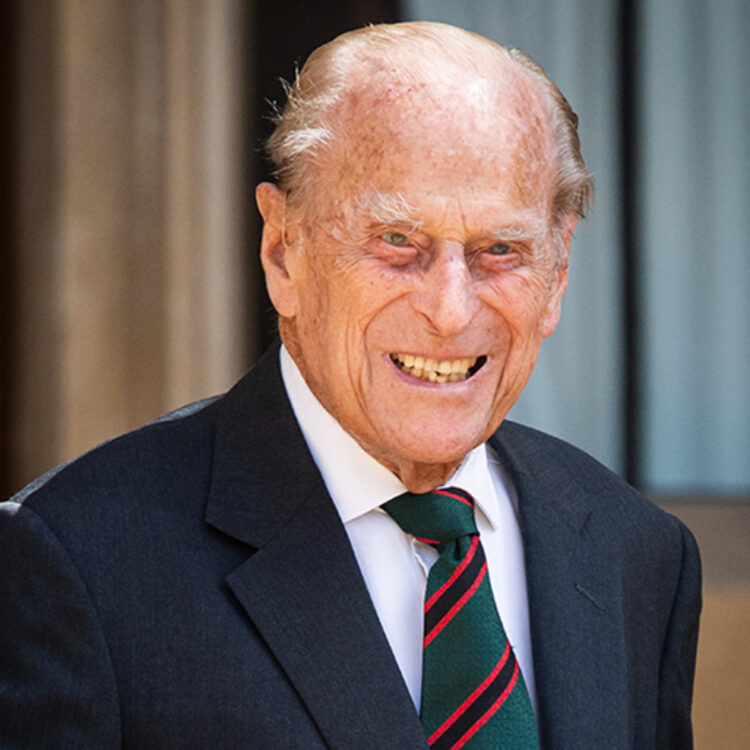By Tony O’Riley-
The will of Prince Philip, the late husband of Britain’s Queen Elizabeth, will be sealed and remain private for at least 90 years to preserve the monarch’s dignity, a judge at London’s High Court has ruled.
Philip, the Duke of Edinburgh, who had been married to the 95-year-old British monarch for more than seven decades, died at the age of 99 at his wife’s Windsor Castle home to the west of London on April 9.
After the death of a senior member of the royal family, it has been convention for over a century for an application to seal their will is made to the president of the family division of the high court. This means the wills of senior members of the royal family are not open to public inspection in the way a will would ordinarily be.
The current president, Sir Andrew McFarlane, accepted legal arguments from lawyers representing Philip’s estate and the attorney general – who represents the public interest in such matters – at a private hearing in July.
In a ruling published on Thursday, McFarlane ordered that Philip’s will remain sealed for 90 years from the grant of probate – the formal process that confirms the authority of an executor to administer a deceased person’s estate – and may be opened only in private even after that date.
The judge said: “I have held that, because of the constitutional position of the sovereign, it is appropriate to have a special practice in relation to royal wills.
“There is a need to enhance the protection afforded to truly private aspects of the lives of this limited group of individuals in order to maintain the dignity of the sovereign and close members of her family.”
He said the ruling was to make as much detail as possible public without “compromising the conventional privacy afforded to communications from the sovereign”.
The judge said it was in the public interest for him to make clear he had neither seen nor been told anything of the contents of Philip’s will, other than the date of its execution and the identity of the appointed executor.
McFarlane said he had decided to hold the earlier hearing in private because a series of announcements, hearings and then a judgment would have been likely to “generate very significant publicity and conjecture”.
McFarlane said that, as the attorney general was there to represent the public interest at the hearing, there was no legal reason for any further representations by media organisations.
In keeping with a convention dating back to 1910, Andrew McFarlane, the president of the court’s Family Division, said he had agreed Philip’s will should be sealed up “and that no copy of the will should be made for the record or kept on the court file.”
He also ruled in favor of the request “to exclude the value of the estate from the grant of probate.”
“The degree of publicity that publication would be likely to attract would be very extensive and wholly contrary to the aim of maintaining the dignity of the Sovereign,” McFarlane said in a ruling published on Thursday.
He said the convention was that following the death of a senior royal, an application to seal the will was made to the Family Division president, with such hearings and judgments kept private.
However, he said “as is plain from this judgment” he considered it was a “necessary and proportionate intrusion into the private affairs of Her Majesty and the Royal Family to make public the fact that an application to seal the will of HRH The Prince Philip … has been made and granted in private, and to explain the underlying reasons.”
The judge said 90 years should pass from the granting of probate before the will should be unsealed in private before possible publication, a period he said was “proportionate and sufficient.”
He said the first royal whose will was sealed was Prince Francis of Teck, who was the younger brother of George V’s wife Queen Mary. He said he was the custodian of a safe containing more than 30 envelopes with the wills of dead royals.

